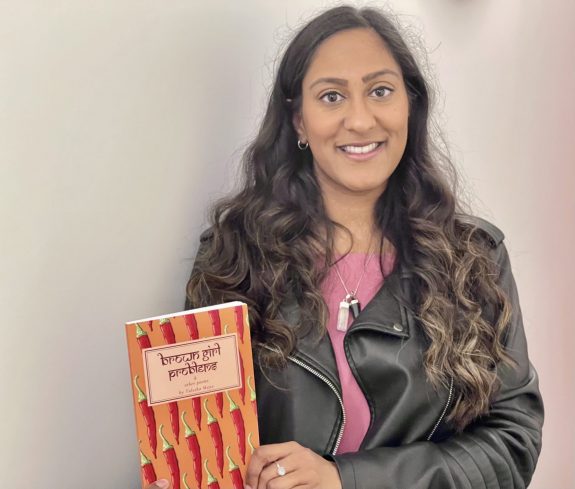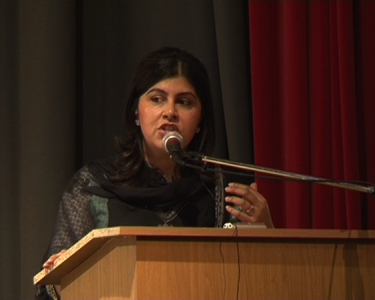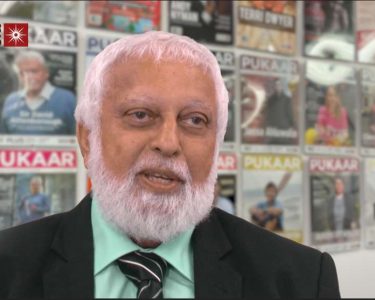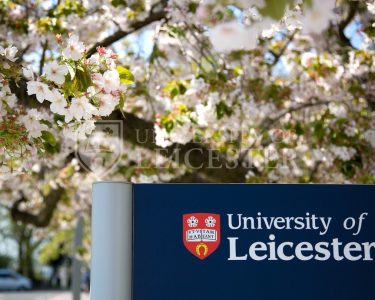Leicester-based poet and writer, Talesha Maya speaks to Pukaar News about the release of her unapologetic collection of poetry, Brown Girl Problems & Other Poems.

As we sat down with Talesha Maya to discuss her second collection of poetry, Brown Girl Problems & Other Poems, it’s apparent that she’s dedicated to using her voice to highlight the unique issues she feels British-Asian Women are facing.
Some of the poems in the collection explore taboo topics that Talesha feels weave themselves into the fabric of the Asian community such as colorism, male child preference and period-shaming (the stigmatisation of menstruation). The latter is explored in one of the poems in the collection which is unapologetically titled ‘Period Rant’ and is based on Talesha’s personal experience of being at her grandad’s funeral:
‘I was made to sit upstairs because I was on my period and I wasn’t allowed to participate in the religious ritual’.
Talesha also thinks prejudice towards darker skin is rife in the community and thinks disparaging comments should be tackled head on. “Holding people accountable or telling someone how their comments make you feel is key to helping people understand the power of their words”. Despite this, she recognises that sometimes these conversations can be uncomfortable and that some people “may not be ready” to take this approach.
Although Talesha says that many of the attitudes challenged in the collection have spanned generations of Indian families, in recent years the discussion of these topics has grown noticeably louder, particularly on social media. Talesha has her own theory for why this is:
“Our grandparents’ generation were in survival mode, our parents’ generation were trying to assimilate into this country, so I feel like we’re the first generation who have had the opportunity, maybe even the time or money to explore, to do the work and to heal”.
However, she does feel that some people within the community are afraid to confront these issues. “Religious identity makes up so much of our identity that when we begin to question it, it can be a really scary thing. So many people don’t want to confront these issues because when you do begin that journey, it can lead to an identity crisis”.
The idea of healing oneself came up a few times as we chatted. For Talesha, it seems that your inner dialogue and relationship with yourself (or, your self) is the key to dismantling what she thinks are problematic attitudes within the community. “These attitudes are deeply ingrained, even in ourselves. We’re all a work in progress, healing is not linear. It’s a constant process of evolving into the next version of yourself and taking the lessons that you’ve learnt and moving forward with them”.
But for now, Talesha is happy if her poetry can provide a source of comfort for people who can relate to the topics she confronts. “I guess the poems make people feel less alone in their experiences, and for me as a writer, that’s all I could ask for”.
By Gita Sarasia






